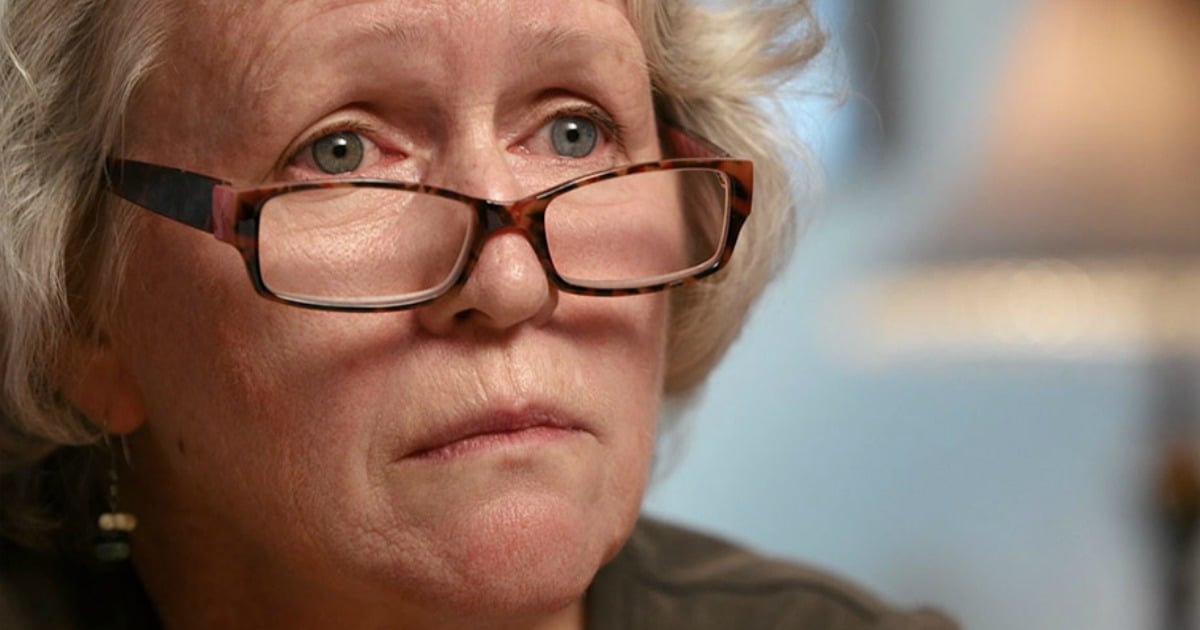Warning: This post is about sexual assault and may cause distress for some readers.
Jean Wehner didn’t know she was a victim of child sexual abuse for almost 30 years. Unfortunately, her story is not uncommon.
In the Netflix documentary The Keepers, Wehner talks about how she was repeatedly raped, sexually assaulted and emotional abused by Father Joseph Maskell, a Catholic priest who worked at Archbishop Keough High School in Baltimore in the 1960s.
It wasn’t until 1992, when Wehner received an invitation to her high school reunion, that she started recovering the memories of her sexual assaults and piecing together the harrowing story of her abuse.
After receiving the invitation, Wehner began looking back through her old high school yearbooks, and when she came across a side-by-side photo of Maskell and Father Neil Magnus, she just knew.
“My whole body shook… I knew,” she says in the documentary.


Top Comments
If the writer of this article had done some research, they would have discovered that the "recovered memory" concept is generally not recognised in mainstream psychology and psychiatry, and has been controversial to say the least. It has also led to various instances of false memories of abuse being "recovered" and false accusations against alleged "abusers." Lack of basic research and fact-checking is how misinformation and quackery gets transmitted as mainstream "knowledge."
I watched this documentary and was sickened by how evil the priests were. One of them had a psychology qualification and used it to his sick advantage. It was horrific - the details of what the victims were remembering. I could see how the memories would be repressed - stored away until the mind is strong enough to process it I imagine.